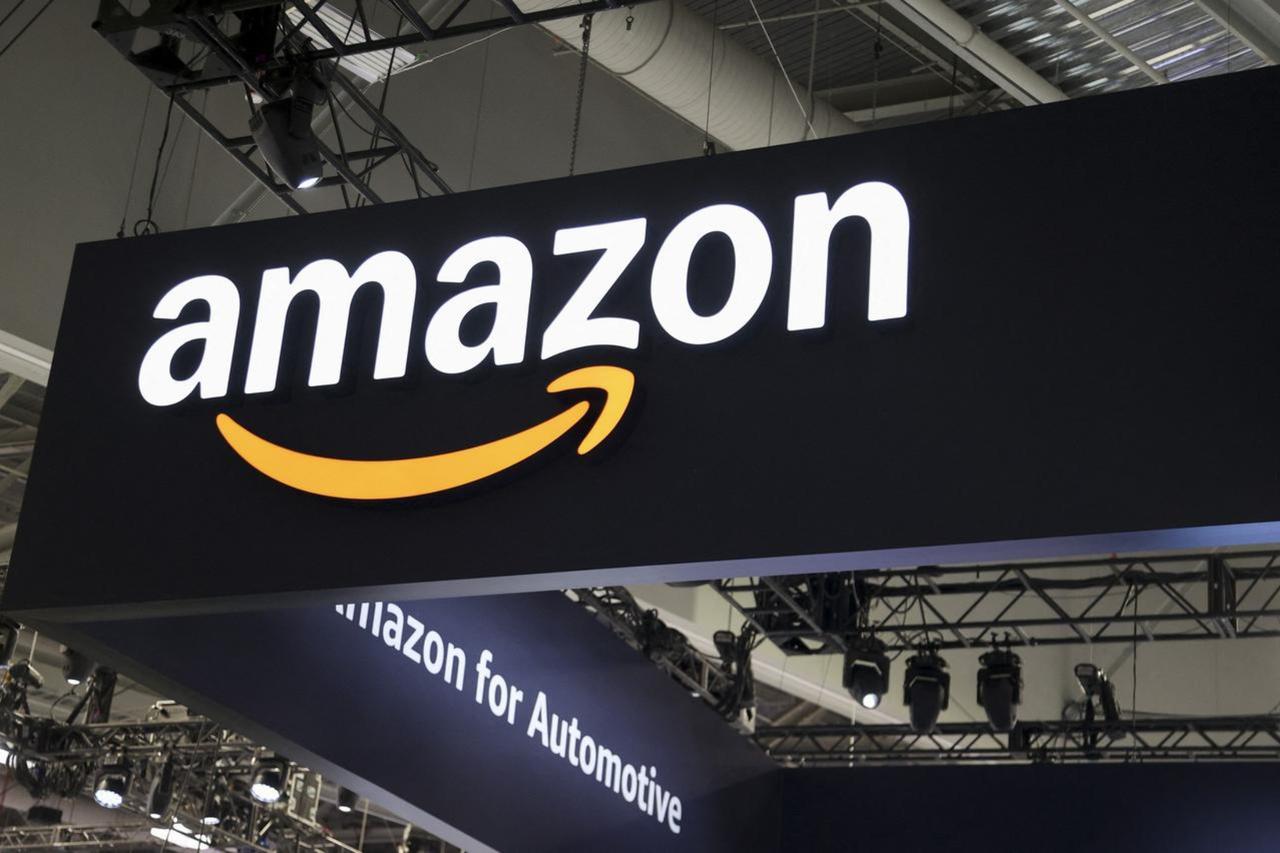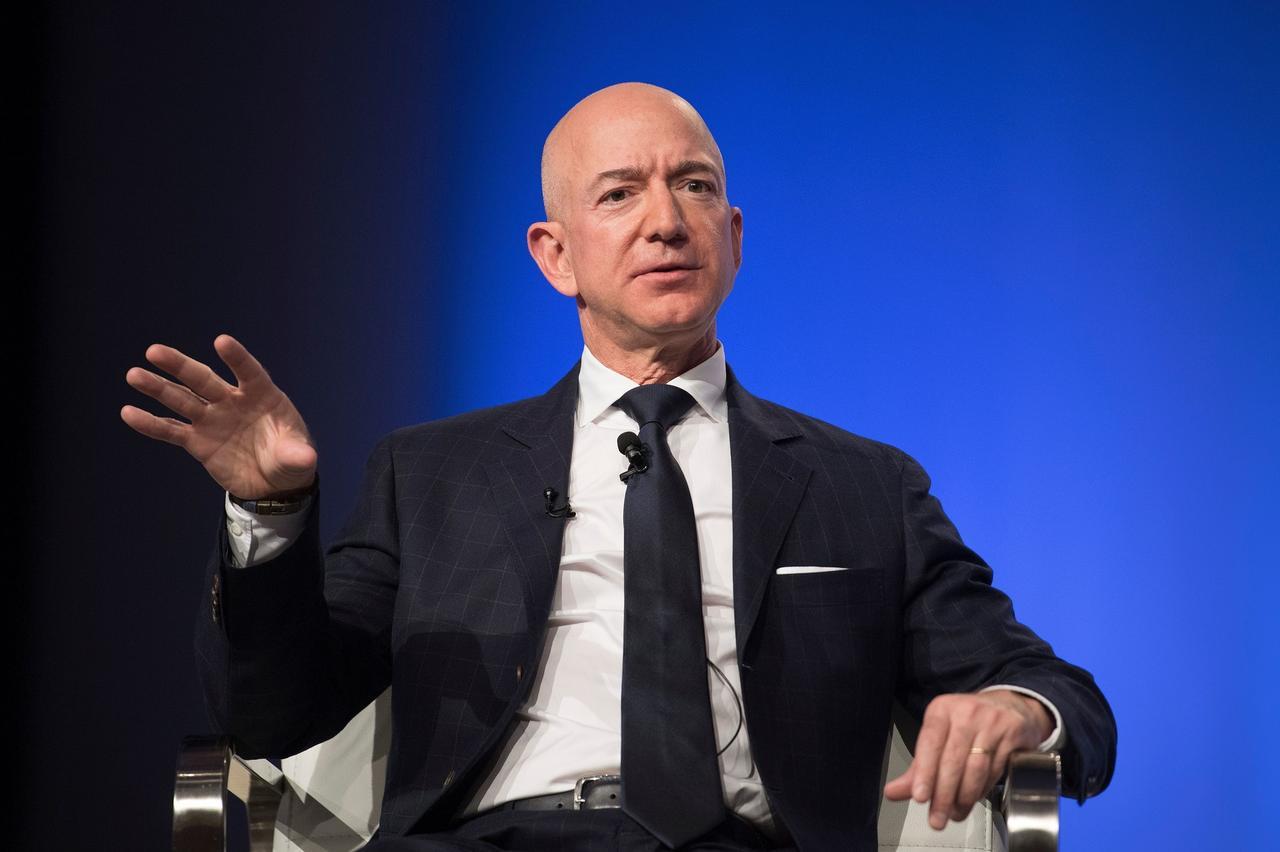
Amazon has agreed to pay $2.5 billion to settle federal allegations that it deceived tens of millions of customers into signing up for its Prime membership program and made canceling the service unnecessarily difficult .
The settlement, announced Thursday by the Federal Trade Commission, marks one of the largest consumer protection penalties in agency history. Amazon will pay $1 billion in civil penalties and provide $1.5 billion in refunds to approximately 35 million affected customers.
The case stems from a 2023 lawsuit filed during the Biden administration, which accused the e-commerce giant of using deceptive design tactics to enroll customers in its $14.99 monthly or $139 annual Prime subscription service. The program offers benefits including free shipping, grocery delivery, streaming content access and exclusive deals.
"The Trump-Vance FTC made history and secured a record-breaking, monumental win for the millions of Americans who are tired of deceptive subscriptions that feel impossible to cancel," FTC Chairman Andrew Ferguson said in a statement.
The agreement comes one week after U.S. District Court Judge John Chun ruled that Amazon had violated consumer protection laws by collecting billing information before fully disclosing membership terms. The judge also determined that two Amazon executives would face individual liability if the case proceeded to trial.
The FTC alleged Amazon employed "dark patterns" — manipulative website designs — to trick consumers into automatic Prime renewals while deliberately complicating cancellation procedures. Former FTC Commissioner Alvaro Bedoya illustrated the complexity, describing how clicking "End Your Prime Membership" actually initiated "a 4-page, 6-click, 15-option cancellation journey that Amazon itself compared to that slim airport read, Homer's Iliad."
According to Consumer Intelligence Research Partners, approximately 197 million U.S. Amazon customers held Prime memberships as of March. The lawsuit also named three Amazon executives, alleging company leaders knowingly "slowed, avoided, and even undid" changes that would simplify membership cancellation.

Under the settlement terms, eligible customers will receive up to $51 in refunds covering a six-year period from June 2019 to June 2025. Those who used three or fewer Prime benefits annually may receive automatic payments within 90 days, while others can file claims through forms provided by Amazon.
The agreement also mandates significant changes to Amazon's enrollment and cancellation processes. The company must include "clear and conspicuous" buttons for declining membership, provide transparent disclosures about auto-renewal and pricing during sign-up, and establish simplified cancellation methods.
Amazon spokesperson Mark Blafkin said the company "have always followed the law and this settlement allows us to move forward and focus on innovating for customers." Amazon and its executives admitted no wrongdoing as part of the agreement.
The settlement has drawn criticism from former Biden-era FTC officials who questioned the decision to settle rather than proceed with trial proceedings that had shown favorable developments for the agency.
Former FTC Chair Lina Khan, who led the initial lawsuit against Amazon, characterized the penalty as insufficient. "A $2.5 billion fine is a drop in the bucket for Amazon and, no doubt, a big relief for the executives who knowingly harmed their customers," Khan posted on social media. The penalty represents approximately 0.1% of Amazon's nearly $2.4 trillion market capitalization.
"This week marked the start of a historic jury trial, where American citizens would hear details of Amazon's business practices and determine if it had broken the law. A couple of days into trial @FTC announces it has settled all charges, rescuing Amazon from likely being found liable for having violated the law and allowing it to pay its way out," Khan continued.
Bedoya questioned the settlement's enforcement mechanisms, noting that executives face no individual fines, demotions, or admissions of guilt under the three-year agreement terms. "Based on my initial read, do the executives need to do anything separate from that? Do they pay any fines? Are they being demoted? Are they subject to extra monitoring? Do they need to admit any guilt whatsoever? The answers, as far as I can tell are no, no, no, no, and no," Bedoya wrote.
The settlement reflects broader changes at the FTC following President Donald Trump's return to office and his systematic removal of Democratic commissioners. The Supreme Court this week provisionally allowed Trump to fire Rebecca Slaughter, the agency's last Democratic member, after Trump had previously moved to dismiss Slaughter and Bedoya in March.
The agency now operates with three Republican commissioners and has shifted focus toward conservative priorities, including investigations into alleged censorship of Republican communications and scrutiny of gender-affirming medical care.
Matthew Stoller of the American Economic Liberties Project noted the settlement allowed Amazon to avoid admitting wrongdoing despite the judge's earlier ruling that the company had violated consumer protection laws.
"We have to ask ourselves," Bedoya said, "What pressure did the White House put on this FTC to enter into this settlement? What communications were there? This doesn't smell right."
Amazon continues to face a separate FTC antitrust lawsuit filed in 2023, alleging the company operates as an exploitative monopoly. That case is scheduled for trial in early 2027.